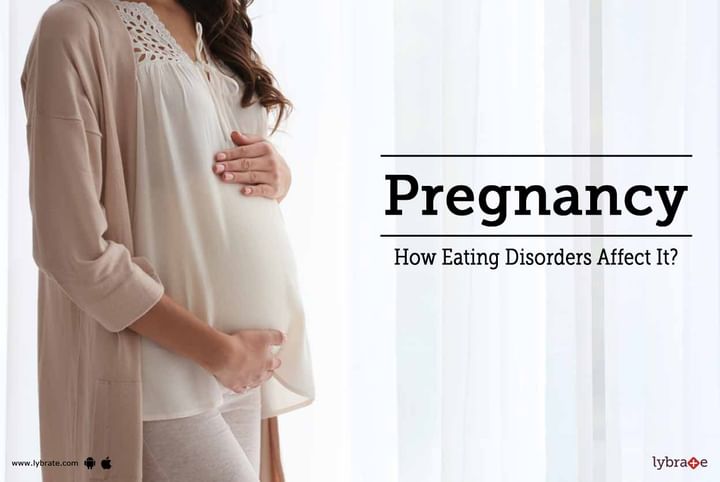Pregnancy - How Eating Disorders Affect It?
There are three main types of eating disorders. These are bulimia nervosa, anorexia nervosa and binge eating. Anorexia nervosa is an exaggerated fear of gaining weight all the way to the point when the patient becomes abnormally thin. Bulimia nervosa is eating too much and then vomiting it out on a regular basis. Binge eating is when an individual eats an excessive amount of food in one go. All three types of eating disorders have adverse effects on pregnancy.
Here is how eating disorders affect pregnancies:
1. Unplanned pregnancies: Women with eating disorders are much more likely to have an unplanned pregnancy. This is true both for women who had eating disorders in the past as well as women who have eating disorders at the moment. In a study by University College London and King's College London consisting of 11000 women showed, only 28% of women reported that they had an unplanned pregnancy without suffering from any eating disorder as compared to the 41% who did have an eating disorder at some point in their life. The reason for this is that women tend to think that they do not need contraceptives due to an irregular menstrual cycles, which is one of the consequences of eating disorders during pregnancy.
2. Happiness about their pregnancy: The same survey of 11000 women conducted by University College London and King's College London reported that 71% of women were happy about their pregnancies. However, the number would have been a lot higher if there were fewer women with eating disorders. It has been said that 10% of women were unhappy to discover they were pregnant, if they had an eating disorder in the past as compared to 4% who never had an eating disorder.
3. Consider pregnancy a 'personal sacrifice': It has also been said that women who have had or have eating disorders during or before their pregnancy tend to consider pregnancy as a 'personal sacrifice' much more often than women who have no history or eating disorders.
Even though mostly, eating disorders affect pregnant women mentally rather than physically, it is crucial that women try to fix this problem before their pregnancy so they actually can enjoy having a baby. If you wish to discuss about any specific problem, you can consult a gynaecologist.



+1.svg)
